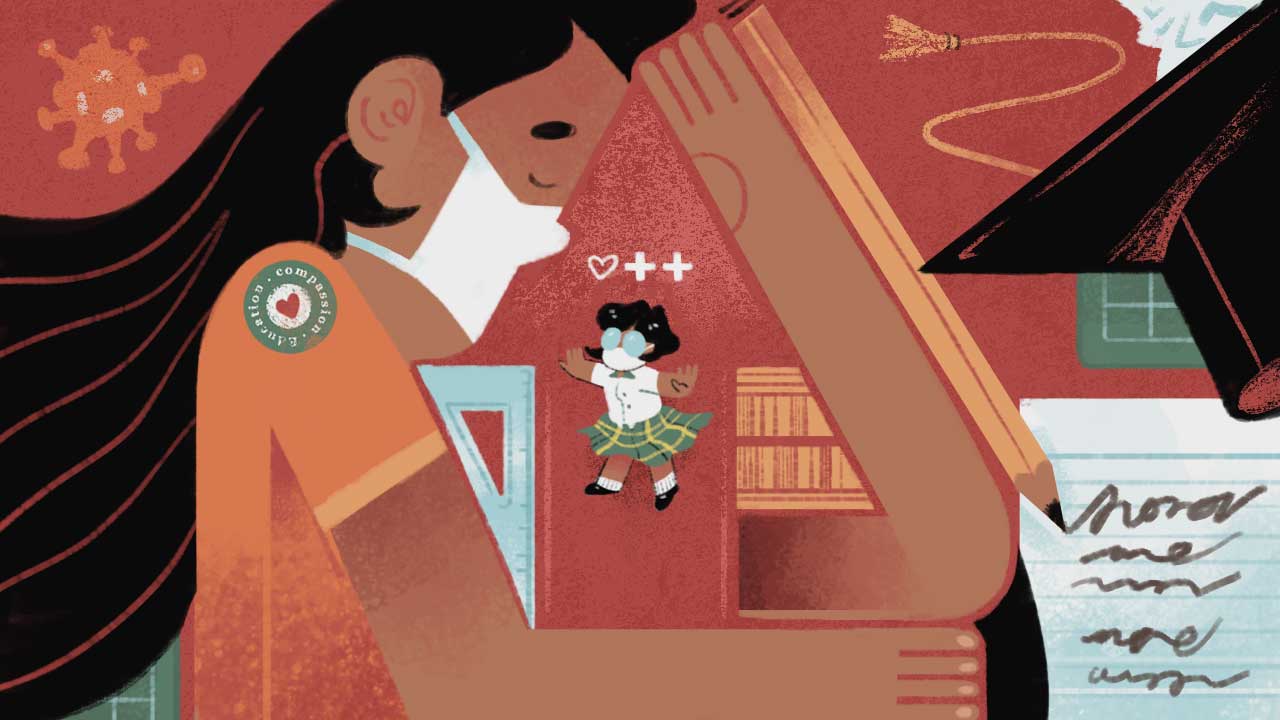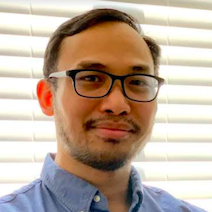

With due respect to Professor Divine Love Salvador, I believe her piece “What makes for 'compassionate' education during the pandemic?” published 30 April 2020 reveals more about what is wrong with the current framework of the educational system and psychotherapeutic practice than policy proposals about mass promoting students. In her piece she opines that we are "grappling with the question of what it means to educate students during this time [...]" (Salvador, 2020), and I agree. However, where she took the discussion is where we diverge.
She claims that mass promotion hinges on pain avoidance for the “unfortunate beneficiaries” possibly losing the opportunity to be exposed to a life stressor that could help them develop. On its surface, this claim appears to be proactive and helpful to students. But one must ask the question, what sort of students did the good professor have in mind? What type of challenges was the good professor pertaining?
Stress, as any introductory psychology student would find out is not necessarily a detrimental experience. There are two types of stress. Distress is when you are threatened by a situation and may think that you will no longer be able to get through it, while eustress is the optimal level of stress you feel in order to keep you functioning well with some level of caution. The distinction between the experience of either is based on how we make sense of our power to control the situation (is the locus of control with us?). It is easy to make the claim to the popular notion here of “what doesn’t kill you makes you stronger” when you hinge your analysis on a vague notion of students and teachers as well as causes of stress. (READ: Netizens debate mass promotion of students amid coronavirus pandemic)
We need to understand that the COVID-19 pandemic is not something within the exclusive personal control of the individual – not yet, since no vaccine or actual cure has been found (in fact, knowledge about the virus and disease are emergent at best). Why is that? While it is easy to think of personal protective measures that we can do – frequent hand washing (and overall hygiene of course), social distancing, and behavioral etiquette (covering of the mouth and nose with the crook of the elbow when coughing or sneezing), those at best are measures to protect ourselves and not to address the virus or disease itself. At best, the psychological effect of those measures are emotion-focused coping – it helps give us the feeling of security we have no means of a problem-focused strategy of actually addressing the main cause of stress which is the pandemic.
Taking this into account would, for me, put to question Salvador’s main claim of exposing students (and perhaps even teachers) to pain to help them grow and develop, that continuing schooling would give a sense of continuity or even semblance of normalcy for students and teachers. This may be an untenable view – the situation is not normal; perhaps that is what students, teachers, and school administrators need to come to terms. The entire education system as well as mental health practitioners needs to come to terms with the fact of the novelty and gravity of this pandemic: this is a clear threat to life. (READ: Can PH cope? Mental illness cases tipped to surge during pandemic)
Working from that understanding, it should be clear that the structural determinants and correlates of the situation need to be addressed before even considering the resumption of classes online or offline. The national government has not effectively communicated its comprehensive plan or strategy with developments emerging at every moment – this uncertainty is actually adding to growing anxiety. As individuals, we have no control over social distancing – the national government has imposed a police and military-operation-style quarantine on the entire nation with uneven and oftentimes confusing implementation on the ground. This is even discounting the fear that armed personnel litter the streets and have set up checkpoints. Emergency assistance is slow and even lacking several weeks on. The home setup and extended periods of being confined either with other people or by yourself also causes a significant degree of psychosocial distress that deserves a separate piece in and of itself. These are all beyond our individual control.
Resuming classes and persisting on requirements at this point is not only premature at best but actually irresponsible at worst. We are not withholding important learning from students by mass promoting them; we are actually teaching kindness and compassion. Teaching kindness and compassion to goes a long way for our students to show the same to themselves, their families, and communities at large during this pandemic. While we are socially distant, this potentially teaches our students how to stay socially connected and concerned. (READ: [OPINION] Mass promote now: No student should be left behind)
The resumption of classes need to be hinged on a more stable social environment brought on when the national government itself exhibits a real measure of control over the situation – that would be the best source of assurance and security that we can provide our students and teachers. Otherwise, we are not being kind to our students and teachers by making them produce schoolwork – we are exposing them to further psychological distress that school administrators could have easily removed. So we must contend with the question: what does it mean to educate students during this time? – Rappler.com
Rainier Astin R. Sindayen is undertaking his MA in Education (Educational Psychology) at the College of Education, University of the Philippines-Diliman.